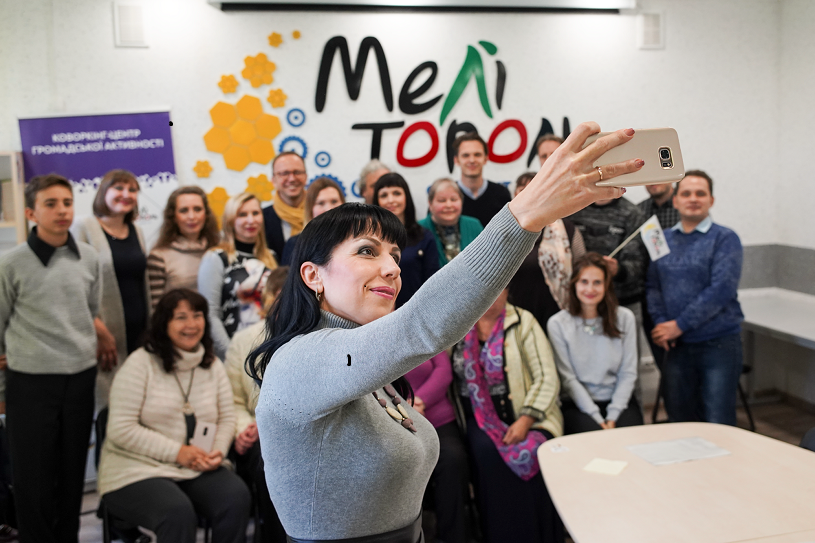
18.12.2019
Ukraine: A new home in their own country
The conflict in Eastern Ukraine has caused 1.5 million people to leave their homes and move further west. They are now rebuilding their lives with support from their fellow citizens.
It has been almost six years since conflict broke out in Eastern Ukraine between pro-Russian separatists and the Ukrainian military in early 2014. A peace process has been initiated, but clashes still erupt frequently.
As a result of the conflict, approximately 1.5 million people have had to leave their homes. About 800,000 people have found a new home in areas surrounding the conflict region. They are displaced in their own country. The regions where people settle are facing major challenges. Many communities still do not have adequate housing, social infrastructure or services to support them.
The Deutsche Gesellschaft für International Zusammenarbeit (GIZ) GmbH has been working to stabilise the situation in affected regions since 2015. On behalf of the German Federal Ministry for Economic Cooperation and Development (BMZ), GIZ is assisting host communities and the internally displaced people who have settled there. Communities need swift help to manage the crisis. At the same time, measures with a long-term impact have to be carried out to help new arrivals put down roots in their new home. For instance, hospitals and nursing facilities near the conflict region have been refurbished. One million people have gained access to better medical care as a result. In addition, 40 schools in the region have been renovated, benefiting 75,000 children.
This situation is also leading stakeholders to take unusual measures. Municipal libraries in Melitopol, about 300 km west of Donetsk, have not only been transformed into community centres and meeting places. Internally displaced people can also go there to receive new ID cards and help in finding accommodation. In addition, the libraries offer training courses to give people new job prospects. They are also a place where people from host communities and new arrivals come together. One thing is particularly important to Inna Efimenko, director of Melitopol’s five libraries, ‘Everyone is treated equally, whether they have lived in the city all their lives or come here to find refuge.’